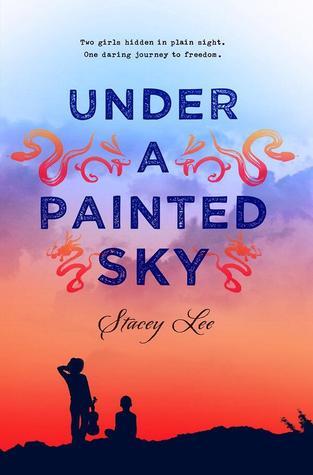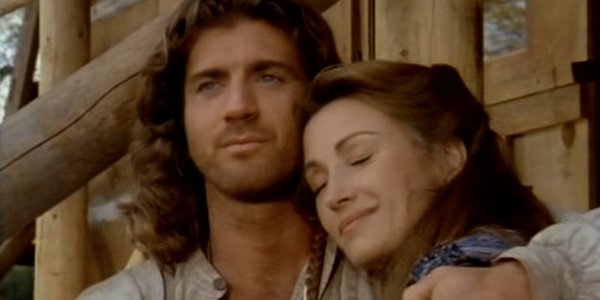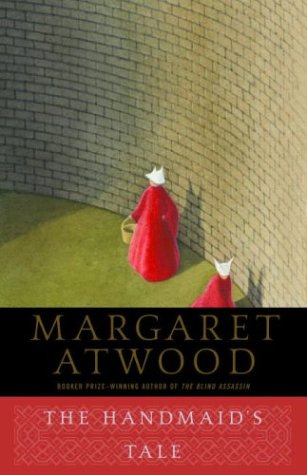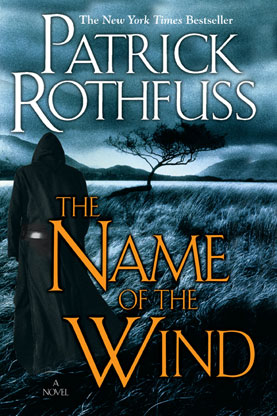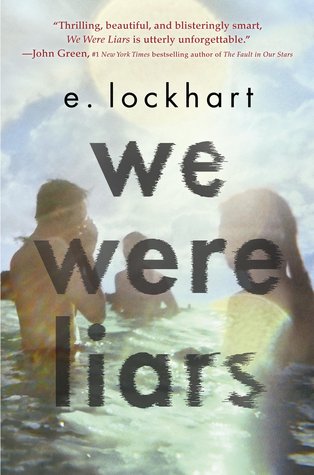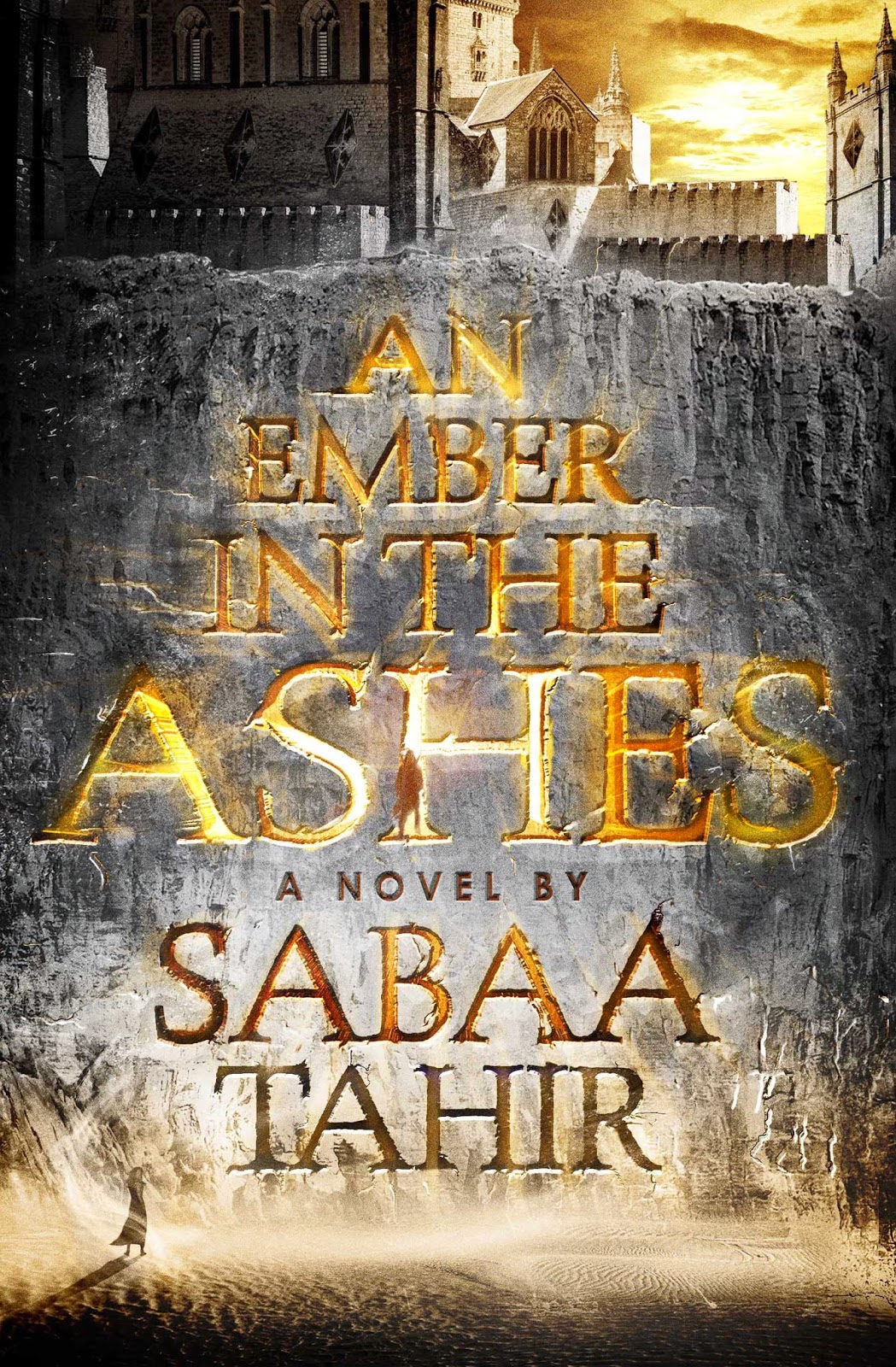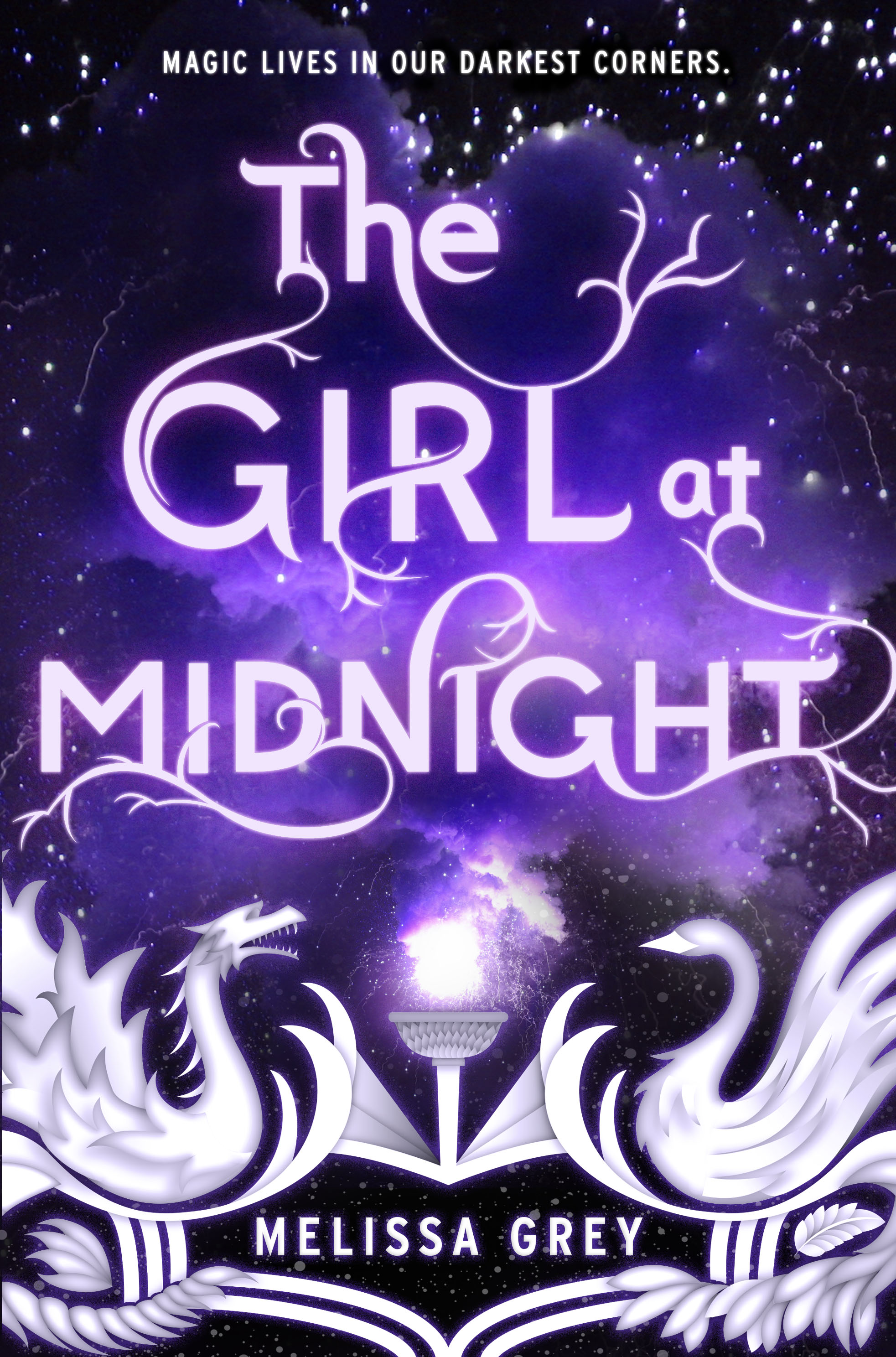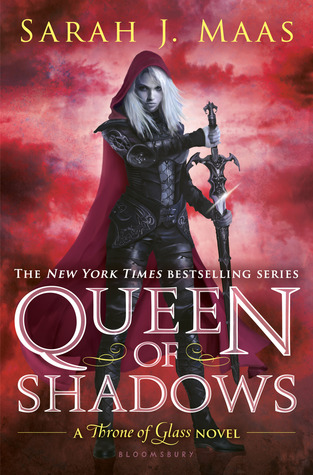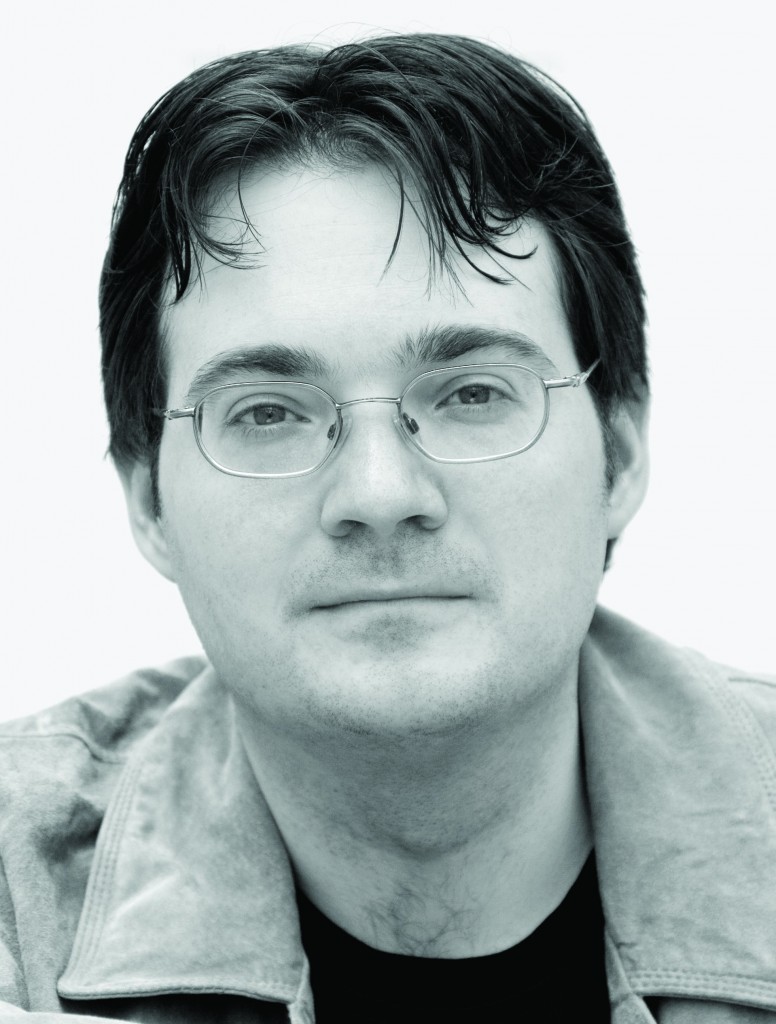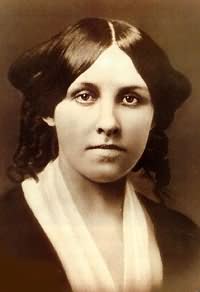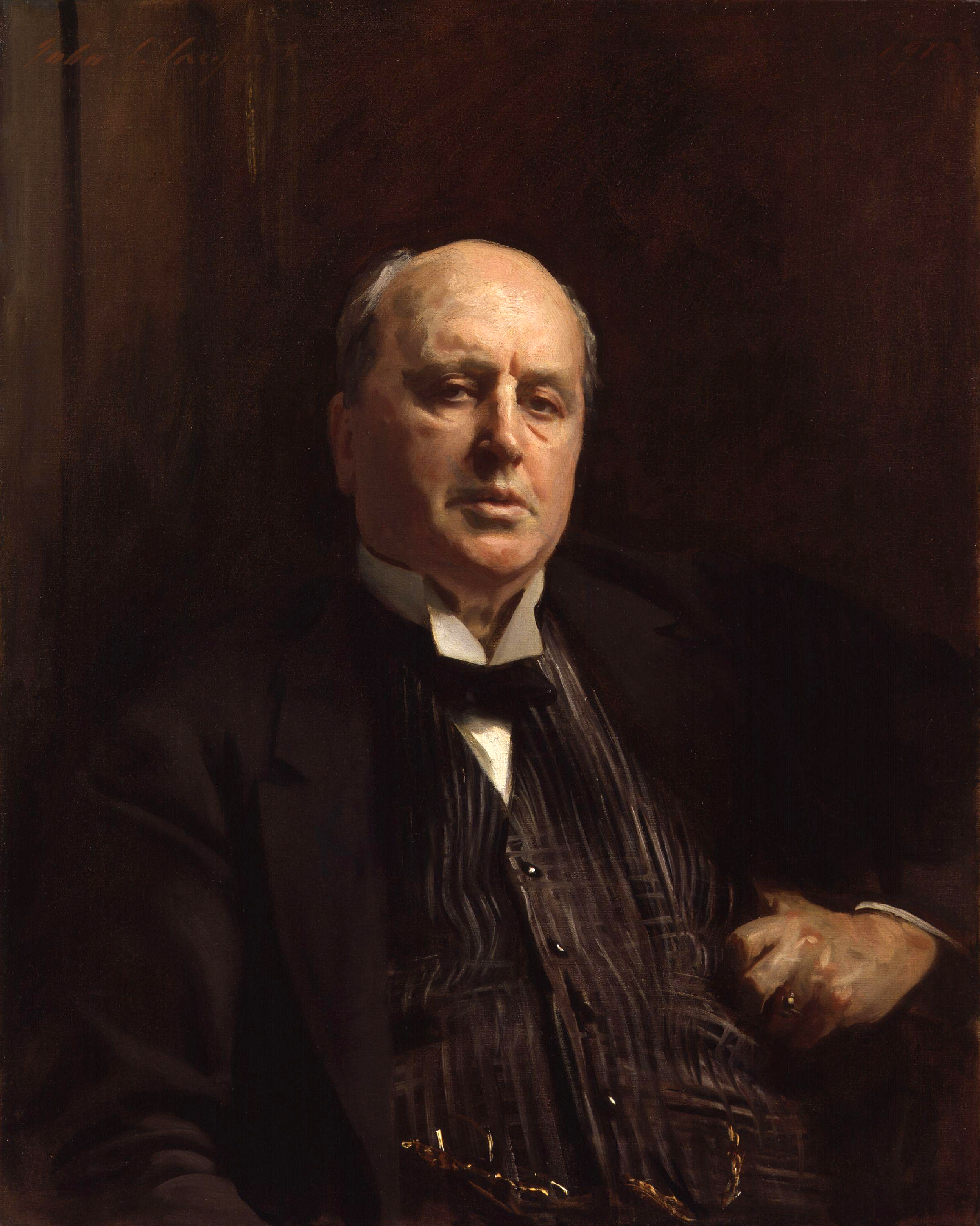|
Title: All the Light We Cannot See Author: Anthony Doerr Published: May 6, 2014 by Scribner (Simon & Schuster) (Amazon / Goodreads) Synopsis: Marie-Laure lives with her father in Paris near the Museum of Natural History, where he works as the master of its thousands of locks. When she is six, Marie-Laure goes blind and her father builds a perfect miniature of their neighborhood so she can memorize it by touch and navigate her way home. When Marie-Laure is twelve, the Nazis occupy Paris, and father and daughter flee to the walled citadel of Saint-Malo, where Marie-Laure’s reclusive great-uncle lives in a tall house by the sea. With them they carry what might be the museum’s most valuable and dangerous jewel. In a mining town in Germany, the orphan Werner grows up with his younger sister, enchanted by a crude radio they find. Werner becomes an expert at building and fixing these crucial new instruments, a talent that wins him a place at a brutal academy for Hitler Youth, then a special assignment to track the resistance. More and more aware of the human cost of his intelligence, Werner travels through the heart of the war and, finally, into Saint-Malo, where his story and Marie-Laure’s converge |
All the Light We Cannot See comes very highly recommended. A few blogger friends loved it, it was the Goodreads Choice for historical fiction last year, and just recently it won the Pulitzer for Literature. So I had very high hopes for this one. I don't usually love books that are set during World War II but after hearing such great things and loving The Book Thief I gave it a try and I'm glad that I did. It was a beautifully-written and emotional read with likable and complex characters.
One of the best things about this book is the characters. The author does a fantastic job connecting you to the main characters very quickly. Both of our protagonists have had some incredible hardships in their life but they have this amazing inner strength. Marie-Laure is blind and living in Paris with her father when we first meet her. But because of the war, her and her father have to flee in the night to a small village on the coast of Brittany. The interesting thing about Marie-Laure is that sometimes you forget she's blind. She doesn't let her disability get in the way of her life which is one of the things that makes her so likable. Then there is Werner. He's an orphan living in Germany who learns how to fix and build radios and other electrical equipment. He's also incredibly resourceful and smart but with this caring heart that makes him just as likable. Doerr's characterizations were so brilliant and it really made for a really enjoyable read.
Even better than the individual characters is the way that they interact. There are so many amazing relationships here. Most notably, Marie-Laure and her father. He was so caring and committed to taking care of her. He often went to great lengths for her and it was heart-warming and just one of the things that led to the feels for me. Marie-Laure also had a great relationship with her uncle Etienne. Being blind she really had to depend on others but they never thought any less of her and all their help was to make her independent. With Werner, it's really about friendships. As an orphan his only family is his sister who he is separated from pretty early in the book. So he is spending a lot of time connecting with others to find companionship. He is very sympathetic in that way, and you can't help but also like the characters he befriends at school and in the military. These relationships and the characters search for connections really helped as a reader to connect with the story and made it such an emotional read.
 And once again I was pleasantly surprised by how much I enjoyed a book set during Europe in World War II. I used to say that I found them all the be very similar and not at all creative, that they tended to just focus on the most obvious historical events of the day. But now I'm starting to think that I was just reading the wrong ones. Like The Book Thief, which I loved, this focuses on the homefront. The war is happening around us but that is not the focus of this book. The history is subtle and not the focus of the book. And while All the Light We Cannot See has won awards for historical fiction to me it reads more like "Literary Fiction." The pacing of the book was slower and focus was more on the characters. The writing is purposefully sentimental and beautiful. I wouldn't say that it's purple prose but it definitely had a lyrical quality to it. All of this added up to make a powerful and emotional story that will definitely stick with me but it's not necessarily the kind of style that blows me away.
And once again I was pleasantly surprised by how much I enjoyed a book set during Europe in World War II. I used to say that I found them all the be very similar and not at all creative, that they tended to just focus on the most obvious historical events of the day. But now I'm starting to think that I was just reading the wrong ones. Like The Book Thief, which I loved, this focuses on the homefront. The war is happening around us but that is not the focus of this book. The history is subtle and not the focus of the book. And while All the Light We Cannot See has won awards for historical fiction to me it reads more like "Literary Fiction." The pacing of the book was slower and focus was more on the characters. The writing is purposefully sentimental and beautiful. I wouldn't say that it's purple prose but it definitely had a lyrical quality to it. All of this added up to make a powerful and emotional story that will definitely stick with me but it's not necessarily the kind of style that blows me away.Or maybe I wasn't blown away because I experienced this book as an audiobook. And while it was a good audiobook I don't think it was the best way for me to read the book. The narrator did a great job establishing the atmosphere of the book but I usually prefer my audiobooks to have more action to them. In the case of this book it almost lulled me to sleep. Not so much to sleep, but it did lull me to distraction. I would have to rewind and relisten to what had happened because I would realize that I hadn't comprehended anything that had just happened in the book. So while I did enjoy it, I think I would have liked it a little better if I had read it instead of listened to the audiobook.
Buy/Borrow/Bypass: Buy/Borrow. This is a must read if you are fans of Lit Fic. It is a beautifully written character-driven story that will stick with you long after you are finished reading. If you also like historical fiction set during WWII then check this one out. I would also maybe recommend this if you want to try some historical fiction but don't want to get overwhelmed by historical events.
Have you read All the Light We Cannot See? What did you think? Leave me a comment with your thoughts. Thanks for stopping by and HAPPY READING!



